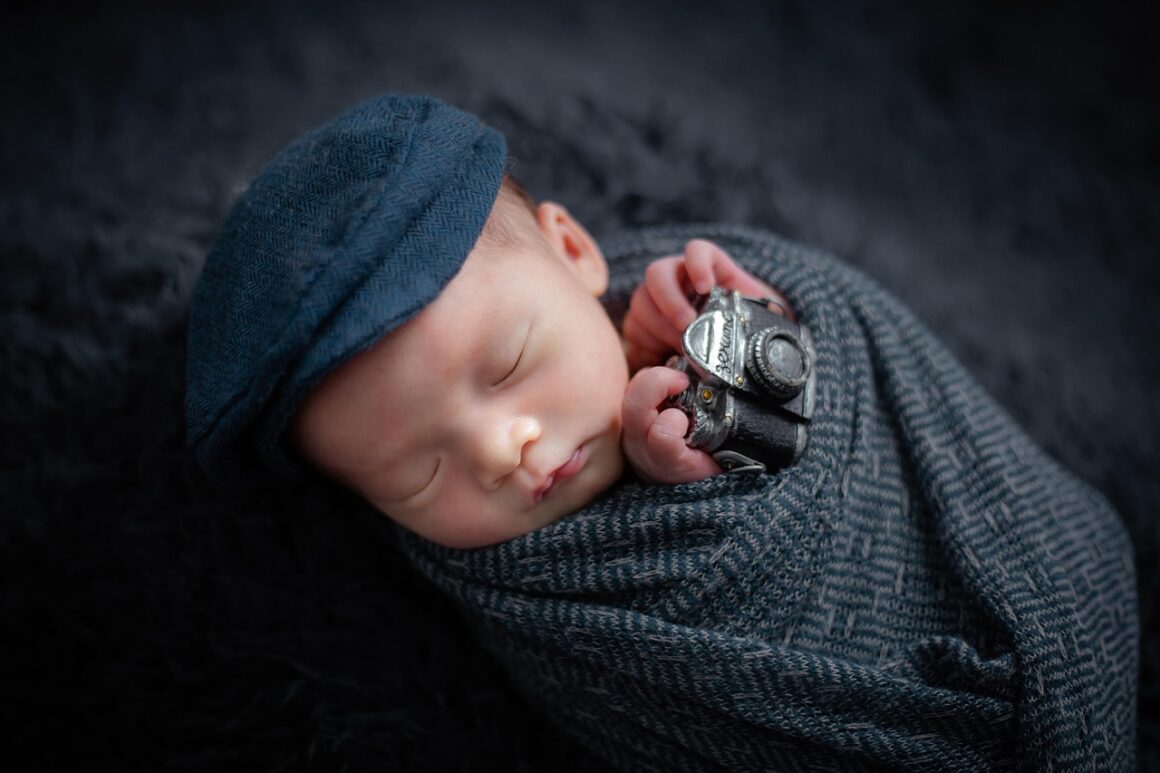We’ve all broken a few rules from time to time, and of course, it’s human nature to break boundaries. It’s been proven from numerous surveys and studies that children who experience less freedom and whom are more creative are more likely to indeed break the rules. Undoubtedly, this is going to have an impact on behavior within educational institutions – especially those with heavy restrictions.
The first thing I learned is that the huge gap between students and staff is in fact, huge.
We are taught to not stand up for what we believe in, we are taught words such as ‘tattle-tailing’ imply that if we were to stand up for ourselves or something we either disagree with or are made uncomfortable with, then we are automatically in the wrong.
We must fear authority and authority are above us. They believe they have the right to strip us of our identities, to stop us from expressing ourselves as individuals. It’s as if originality does not exist in our education system, given that we are all looked at as one, and expected to all learn via the same methods despite our different abilities.
I learned that we supposedly attend a place of education where the color of your hair or the nail polish on your fingers is more important than how well a student is doing academically, or a teacher failing to teach a class at the expected standards or a student being harassed or bullied. Where instead of asking how you are doing mentally/emotionally or perhaps coping with the level of stress and anxiety that is thrown at us daily, they would rather question how your socks are a few inches above where expected or the flick of eyeliner on your eyelid along with the rest of your make-up you so happen to wear to feel more confident with yourself.
When I attend school with an unnatural color in my hair, or a piercing a few centimeters larger than expected – I do not do this for the purpose to break the rules. I do not do this for the purpose of causing a commotion by being pulled out of my class over minor changes in my appearance. I do this because I do not want to submit to the unoriginality placed upon us, I do not want to be a sheep in this place of education with no individuality.
Now my experience may differ from most as I attended a public school in the U.K., and I do still understand the basic uniform policy in addition to other basic rules and what they stand for. How it teaches us to conform for our futures and how a uniform can keep discrimination to a minimum whilst also providing a sense of pride in belonging to a community.
However, I realized that as adolescents, we spend the majority of our young life at school. As adolescents, we are growing up and trying to figure ourselves out. Somehow, unfortunately, these both contradict with one another. By the time we reach adulthood, it is too late; we have already missed the opportunity to express ourselves as young individuals from being so heavily restricted. Because to experience being young at school is no longer an option.
At the age of 11, we are expected to suddenly begin using public transport and carry out numerous tasks independently. At the age of 13, we are expected to know what we what to do for the rest of our lives and know the subjects we want to study for the future. At the age of 15, we are expected to go under an enormous amount of pressure and tackle a few examinations that determine how well we do in our life. From ages 11-17, we are expected to act like adults whilst simultaneously be treated like children.
But more importantly, I learned that challenging authority isn’t always a bad thing. It can actually be quite healthy, and there have been so many breakthroughs for justice everywhere by doing so.
So go ahead, maybe break a rule or two.




